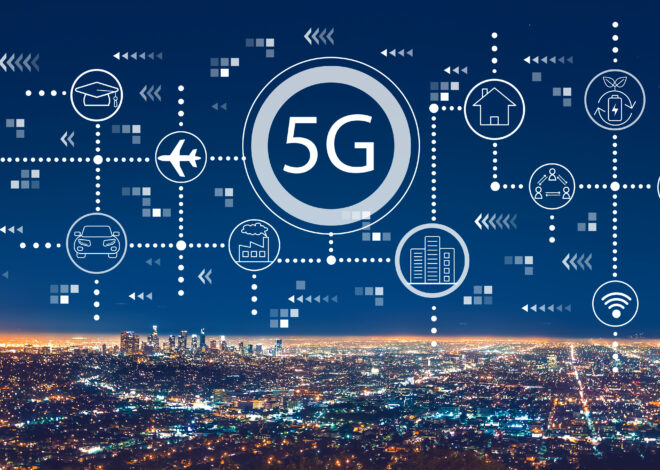
Digital connectivity
The internet has revolutionized the way we live, work, and communicate, making it one of the most transformative technologies in human history. In this article, we’ll explore the evolution of Digital connectivity, from its humble beginnings to the cutting-edge advancements that are shaping the digital landscape of the future.
1. The Birth of the Internet
The internet’s roots trace back to the 1960s when it was developed as a research project by the U.S. Department of Defense. ARPANET, the precursor to the modern internet, was established to facilitate communication between researchers.
2. The World Wide Web
In 1991, the World Wide Web (WWW) was introduced by Tim Berners-Lee, revolutionizing the internet by making it accessible to the public. The WWW allowed for the creation of websites and hyperlinks, laying the foundation for the modern internet.
3. Internet Accessibility
The widespread adoption of the internet in the late 1990s and early 2000s brought about a digital revolution, changing the way people access information, communicate, and conduct business.
4. The Internet of Things (IoT)
IoT refers to the network of interconnected devices and objects that can communicate and exchange data. IoT has transformed industries, from healthcare and transportation to smart homes and cities.
5. Cloud Computing
Cloud computing services, like Amazon Web Services (AWS) and Microsoft Azure, have become essential for businesses and individuals, enabling remote storage, processing, and access to data and applications.
6. Cybersecurity Challenges
As the internet grew, so did cybersecurity threats. Protecting data and privacy has become a critical concern, leading to the development of advanced security technologies and practices.
7. Data Privacy Concerns
Data privacy and the collection of personal information by tech companies have raised ethical and regulatory questions, leading to stricter data protection laws like GDPR.
8. The Era of 5G Technology
5G technology promises faster and more reliable internet connections, enabling innovations like autonomous vehicles and the Internet of Things (IoT).
9. Artificial Intelligence (AI)
AI is transforming the internet with chatbots, personalized content recommendations, and autonomous decision-making in various industries.
10. Future Innovations
The future of the internet holds promises of even more advanced technologies, such as quantum computing, blockchain, and augmented reality (AR).
11. Connectivity Beyond Boundaries
Internet technology is expanding beyond traditional boundaries, reaching remote areas through satellite internet and helping bridge the digital divide.
12. Edge Computing
Edge computing brings processing closer to the data source, reducing latency and enabling real-time applications like autonomous vehicles and smart cities.
13. Green Internet
Environmental concerns have led to a focus on creating a more energy-efficient and sustainable internet infrastructure.
14. Ethical and Legal Considerations
Internet technology has raised important ethical and legal questions regarding online privacy, content moderation, and digital rights.
15. The Digital Revolution Continues
The internet remains at the forefront of technological innovation, with emerging trends like the Metaverse and quantum internet poised to redefine the digital landscape.
16. Navigating the Digital Future
As internet technology continues to evolve, individuals and businesses must stay informed, adapt, and leverage emerging opportunities for innovation and growth.
17. A Global Network of Possibilities
The internet’s evolution is a testament to human ingenuity and our ability to connect, collaborate, and shape the digital world.
18. The Internet’s Endless Potential
The Digital connectivity journey is far from over. With each advancement, we uncover new possibilities and potential that enrich our lives and drive progress.
The evolution of Digital connectivity has been nothing short of extraordinary, fundamentally changing the way we live and interact with the world. As we move into an era of 5G connectivity, AI-driven innovation, and emerging technologies like the Metaverse, the internet’s role in our lives will continue to expand, offering limitless possibilities for the future. Embracing these advancements and addressing the associated challenges will shape the digital frontier and define the internet’s next chapter in our interconnected world.



